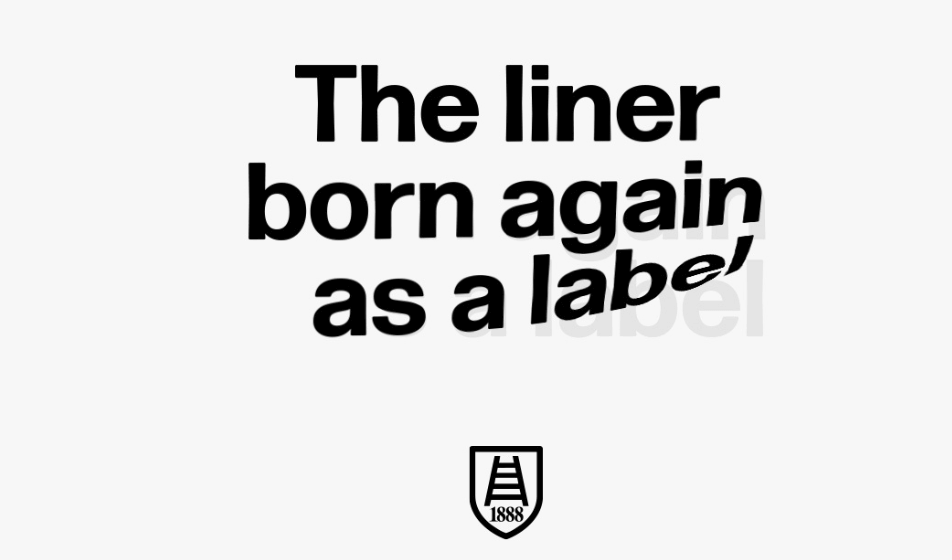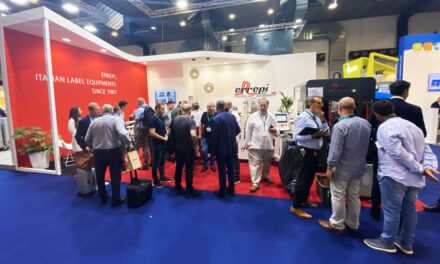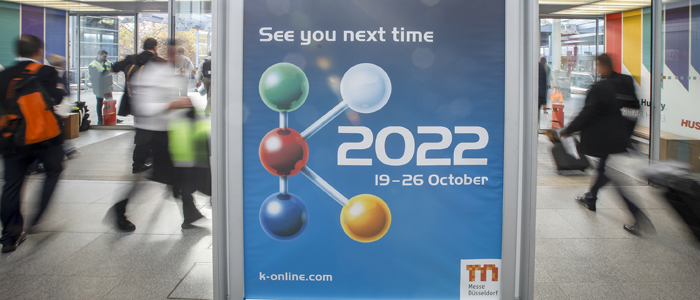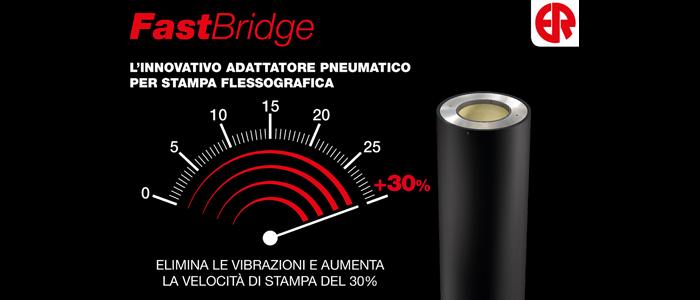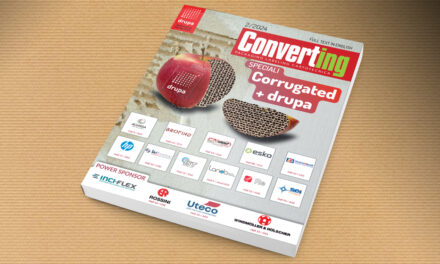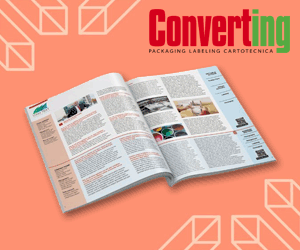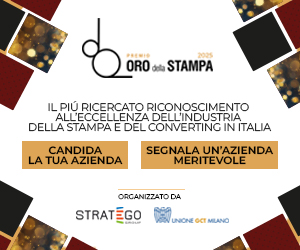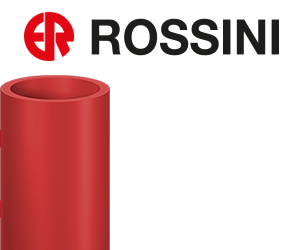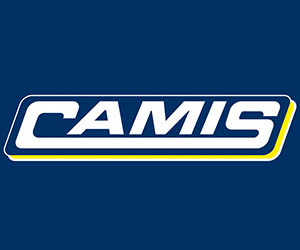Fedrigoni Self-Adhesives branded revolution in the end-of-life of self-adhesive labels. For the first time, the siliconized substrate, until now sent for recycling or disposed of in landfills, comes back to life integrated into the face plate, completing the flow of the circular economy. Thus is born Re-Play™, the new line of 100% recycled and 10% glassine substrates.
Fedrigoni is launching a revolutionary new product range on the market, the result of upcycling the siliconized substrate that until now was partly recycled and partly disposed of in landfills. The liner, collected from end-users, now becomes, and for the first time, part of the face of the self-adhesive, gaining value and allowing waste, emissions and energy consumption to be reduced.
From recycling to upcycling
The circular economy is a model of production and consumption based on a series of actions, and values, including sharing, reuse, and recycling of materials based on a regenerative logic; upcycling represents its noblest declination, assigning raw materials new value, both economic and environmental.
This is what Fedrigoni Self-Adhesives has done by transforming glassine, the siliconized backing that is separated and discarded in the application phase of self-adhesive labels, from waste to a noble part of the decorative label. Thus was born Re-Play™, a revolutionary product in the world of self-adhesives, which represents the first example of upcycling: not a simple recycling, but a process thanks to which waste acquires value, transforming itself into a more valuable material and at the same time with a minimized environmental impact.
Closing the loop to create new resources
Re-Play™ is the result of a circular economy process that begins with the silicones collection program. “We decided to take this path because it is in line with many of our ESG goals in terms of reducing waste and lowering CO2 emissions,” comments Fulvio Capussotti, Executive Vice President Fedrigoni Self-Adhesives. “Fedrigoni’s intent is to make the end customer an integral part of the circular economy process, involving the entire supply chain starting with the printers, who first use the self-adhesive material.
On the recycling front, on the other hand, an exclusive partnership has been signed with Les Papeteries de Clairefontaine, the owner of a low-temperature repulping process thanks to the use of biomass: here glassine, added to white waste paper, gives rise to a high-quality product. Without the need for invasive deinking processes and with substantial savings in raw materials.” Thus was born the new Re-Play™ range, which consists of five types of 100 percent recycled papers, differentiated by finish and visual characteristics: Nature White, Martelé, Retro, Pearl and Neck Label. All will be able to count on FSC recycled certification, attesting to their composition and value as a recycled and sustainable product.
CELAB-Europe: a big step forward
Fedrigoni Self-Adhesives is among the five founders of CELAB-Europe, a consortium that currently has 30 members, dedicated to implementing a new business model for self-adhesive materials, based precisely on the circular economy. One of the consortium’s goals is to collectively identify and implement recycling and reuse solutions for self-adhesive label liners and scraps by 2025, developing a sustainable, circular model for more than 75 percent of the materials used in Europe.
Fedrigoni Self-Adhesives’ participation in the CELAB-Europe consortium is part of a broader sustainable development and innovation project in which the Group has been engaged in a path of continuous improvement for nearly 30 years. With the ambitious goals set for 2030, Fedrigoni is bidding to become an industry benchmark in environmental policies and one of the best workplaces for safety, inclusiveness and professional growth opportunitieS.

